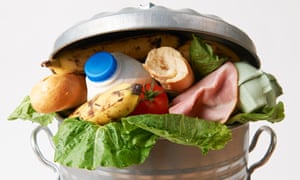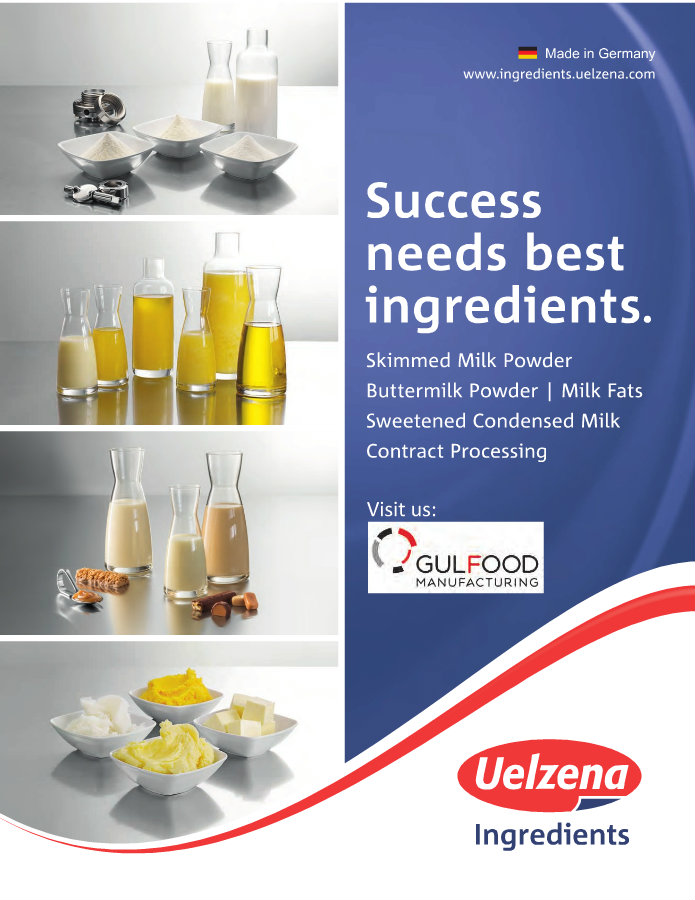In the UK, nearly 50% of food waste occurs in homes, and despite our thrifty reputation, students are no exception. Recent research at the University of Exeter found that students waste nearly 800g of food per week. Meanwhile, five-to-15kg of food is wasted every night from the University of Edinburgh’s catered accommodation, Pollock Halls.
We need to reduce household food waste to protect the environment. But there’s a risk that the quality of our diet could take a hit as a result. Dr Jennie Macdiarmid is a senior research fellow in human nutrition at the University of Aberdeen. “If we can reduce our food waste, we will reduce our environmental impact,” she says. “But we need to make sure that it does not compromise the quality of our diet. In an effort to reduce waste, we don’t know if people might buy less fruit and vegetables, and consequently whether they might eat less of them. We must keep an eye on any possible unintended consequence.”
So how can we reduce waste without compromising our health? Here are some simple steps students can take to cut waste and save money, while still eating a balanced diet.
Become a savy shopper
You don’t have to ditch fruit and vegetables in order to reduce waste. Planning what and when to eat can make a huge difference to your wastage, especially when it comes to perishable foods like milk, bread, fruit and veg. If you’re the kind of person who loves lists and schedules, food planning will come naturally to you. For the more spontaneous, simple hacks, such as not going food shopping on an empty stomach and knowing when certain foods expire, can make a big difference. It may take a bit of effort, but your bin – and budget – will be healthier as a result.
Store fruit and vegetables carefully
Think about how you store fruit and vegetables. Mastering the art of food storage requires some research, as different rules apply to different foods. Some fruit and veg belong in the fridge; try to keep them separate, as storing them together can speed up the spoilage process. Similarly, it’s worth checking bags of fresh food regularly, as one rotten item can cause the rest to spoil too soon. Frozen fruit and veg will always last much longer, and often have a higher vitamin content than fresh. For more storage tips and tricks, check out the Love Food Hate Waste website.
Leverage your leftovers
Unless you’re a meticulous food planner, unintended leftovers are inevitable. But with a bit of know-how – and experimentation – most food can be put to use. For culinary inspiration, try Hugh Fearnley-Whittingstall’s new book, River Cottage Love Your Leftovers. If you’re feeling particularly adventurous, blogger Jack Monroe offers a comprehensive A to Z of things to do with surplus food.
Yet even with the best intentions, some food waste is unavoidable. Like the times when you can’t use everything up before a holiday.
Share and exchange your food
Students at the University of Edinburgh have established a community of “food sharers”, intercepting household food waste by promoting food exchanges between homes. Now a vibrant network of students, professionals, families, travellers, co-operatives and businesses, Food Sharing Edinburgh facilitates exchanges between individuals as well as distributing food from businesses to communities around the city.
Hassan Waheed, 22, one of the organisation’s founders and a student studying sustainable development at the University of Edinburgh, says: “Our system can provide equal access to high quality food, preventing waste while also fostering empowered communities of happy, healthy people whose appreciation and understanding of the food system helps them live in balance with the environment.”
Meanwhile, Olio is a UK-wide food sharing app with an integrated map and messaging system, that enables users to search for and collect unwanted produce in their neighbourhood. Freya Rose, 23, a student studying design management and cultures at London College of Communication, discovered the app through a poster on her campus. “I love the community aspect of Olio”, she says. “Other users obviously have a similar mentality to you, so who knows, you may become friends from swapping food. I feel empowered that there is something I can do about my food waste and I just hope more people do too.”
From careful shopping to communal sharing, there are loads of simple things we can do to reduce our food waste. Adopting these habits at university should help us to save money while developing the skills we need to live sustainably.
- How are you managing to reduce the amount food you waste while at university? Share your tips in the comments section below.





